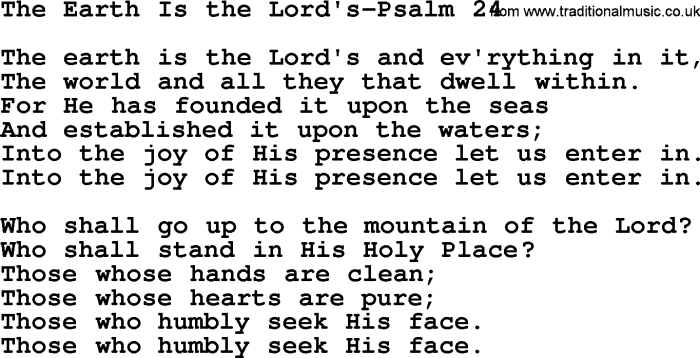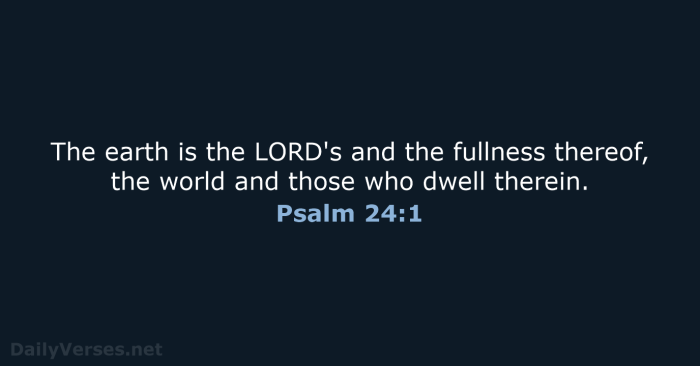Select all the statements that apply to boulanger’s psalm 24. – Delving into the complexities of Boulanger’s Psalm 24, this comprehensive analysis provides a captivating exploration of its musical structure, textual interpretation, performance considerations, and historical significance. With a focus on clarity and depth, this discourse unravels the intricacies of this renowned choral masterpiece.
Boulanger’s Psalm 24, a composition of profound beauty and spiritual depth, stands as a testament to the composer’s exceptional artistry. Its intricate musical architecture, evocative lyrics, and profound messages have captivated audiences for generations.
Overview of Boulanger’s Psalm 24: Select All The Statements That Apply To Boulanger’s Psalm 24.

Lili Boulanger’s Psalm 24 is a monumental choral work that stands as a testament to her exceptional musicality and profound spirituality. Composed in 1916, the psalm is a setting of the biblical text from Psalm 24 in the Latin Vulgate.
It premiered in 1917 at the Société Nationale de Musique in Paris, receiving critical acclaim for its originality and expressive power.
Musical Structure and Form
Boulanger’s Psalm 24 is structured in three distinct movements, each with its own unique character and emotional intensity.
- Movement 1: “Introït”is a solemn and majestic opening that establishes the grandeur and awe of the psalm’s text.
- Movement 2: “Alléluia”is a joyous and celebratory movement that proclaims the triumph of God’s kingdom.
- Movement 3: “Amen”is a reflective and contemplative movement that brings the psalm to a serene and peaceful conclusion.
Textual Interpretation and Meaning, Select all the statements that apply to boulanger’s psalm 24.
The text of Psalm 24 is a hymn of praise and adoration to God, emphasizing the themes of God’s sovereignty, majesty, and the importance of worship.
- Verse 1:“The earth is the Lord’s and the fullness thereof; the world, and they that dwell therein.” This verse establishes God’s ownership and authority over all creation.
- Verse 2:“For he hath founded it upon the seas, and established it upon the floods.” This verse highlights God’s power and wisdom in creating the world.
- Verse 3:“Who shall ascend into the hill of the Lord? or who shall stand in his holy place?” This verse poses a rhetorical question that emphasizes the need for purity and righteousness to enter God’s presence.
Performance Considerations
Performing Boulanger’s Psalm 24 presents both challenges and opportunities for choirs and orchestras.
- Vocal demands:The psalm requires a large and skilled choir with a wide vocal range and excellent intonation.
- Orchestral demands:The orchestra provides a rich and colorful accompaniment, with a prominent role for the brass and percussion sections.
- Conductor’s role:The conductor plays a crucial role in shaping the interpretation and performance of the psalm, ensuring balance and cohesion between the choir and orchestra.
- Influence on composers:The psalm has inspired and influenced numerous composers, including Olivier Messiaen and Benjamin Britten.
- Performance history:The psalm has been performed by many of the world’s leading choirs and orchestras, including the BBC Symphony Orchestra and the Philadelphia Orchestra.
- Recognition and awards:The psalm has received numerous awards and accolades, including the Prix de Rome in 1913.
Historical and Cultural Impact
Boulanger’s Psalm 24 has had a significant impact on the world of choral music and beyond.
FAQ
What is the significance of Boulanger’s Psalm 24 in the realm of choral music?
Boulanger’s Psalm 24 holds a prominent position in choral repertoire, renowned for its innovative use of harmony, evocative melodies, and profound spiritual themes. Its influence on subsequent composers and performers has been substantial, contributing to the evolution of choral music.


